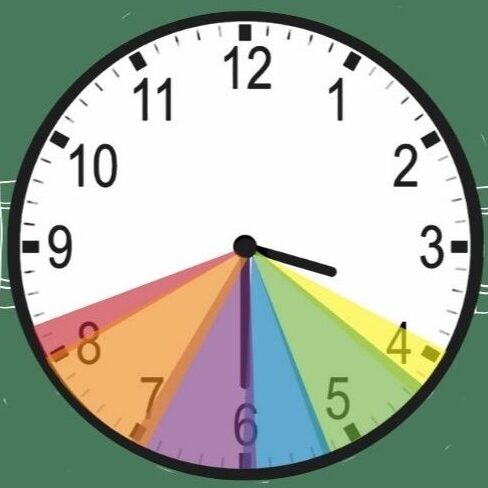
Homework Hints
There is no excuse for students not learning how to be responsible from doing their homework. Use these “Homework Hints” to use homework to teach your child to be responsible.
Know when to step “in” and when to step “back”
- Create a structure for completing work and allow your child to function independently within that structure.
- Younger children require more guidance. Yes, kids must be responsible for themselves, but they must know how to be responsible.
- Set your child up to be successful because success leads to more success.
- Decrease your direction as your child matures keeping the structure in place.
Plan ahead
- Teach your child how to prioritize and complete more difficult tasks first.
- Break down big assignments into smaller tasks.
- Know what projects are coming and help your child plan when she will accomplish each aspect of the project. Waiting until the last-minute leads to frustration and poor work.
Have a routine
- If homework is done at the same time each day, it is hard for your child to argue when you say it is time for homework.
- Make routines visual by tacking an illustrated after-school schedule to the refrigerator. Include pictures, sequences, and order to help your child monitor the liturgy themselves.
- Establish alternate routines for game days, practice days, etc.
- Get work done as early in the day as possible. Kids doing homework when they are tired is miserable for everyone.
Create a good work environment
- Eliminate distractions.
- Make the work space comfortable.
- Turn off screens – they distract even the best of task-masters.
Check for completion
- Go over completed work. If your child completes homework at an after-school program, check your child’s work in the evening.
- Make sure your child understands the procedure for turning in work.
And, don’t forget to emphasize to your child the benefits of completing work efficiently, such as more time for fun and better performance. Kids need to understand how working hard benefits them.
If we nag, they are working to get us to quit nagging. If we give them the tools they need for being responsible and give them responsibility for their own actions, they are working because it benefits them.
Teaching responsibility is a process, but it is one of our own important responsibilities as parents.
